Cell Free Dna Testing For Down Syndrome
Cell free dna testing for down syndrome. Inaccurate estimation of risk in second trimester serum screening for Down syndrome among women who have already had first trimester screening. NTD neural tube defect. Hackshaw AK Wald NJ.
Cell-free DNA is a new lab test offered during pregnancy that is used to screen for Down syndrome. CVS chorionic villus sampling. Screening of maternal serum for fetal Down syndrome in the first trimester.
The cell-free fetal DNA cfDNA test is normally recommended for pregnant women who are at high risk of having a baby with Down syndrome. The newest form of prenatal testing for Down syndrome is regularly referred to as testing cell free fetal DNA. Noninvasive prenatal testing NIPT using cell-free fetal DNA cffDNA circulating in maternal blood is a highly accurate screening test for Down syndrome DS and two other common aneuploidies namely Trisomy 18 T18 and Trisomy 13 T13 both in high risk and in general populations of pregnant women 1 2Its detection rates DR are around 99 for DS 97 for T18 and T13.
This usually causes a higher than expected amount of chromosome 21 DNA in the mothers blood. Cell-free DNA cfDNA testing which involves analyzing fetal DNA in a maternal blood sample is a non-invasive and highly accurate test for Down syndrome in singleton pregnancy but its effectiveness in twin pregnancy has been unclear. Measurement of circulating cell-free DNA in maternal plasma might offer improvement.
The test measures the relative amount of free fetal DNA in the mothers blood. Non-Invasive Prenatal Testing NIPT for Downs syndrome also known as cfDNA screening Non-invasive prenatal testing NIPT which is also known as cell-free DNA screening has been available mainly in the private sector in the UK since 2012. This is a test that assesses the small amounts of fetal.
The new screening test for Down syndrome measures the amount of DNA from chromosome 21 in a sample of a pregnant womans blood. When testing cell free fetal DNA for Down syndrome isnt. Tests fetal cells in a sample of amniotic fluid.
The other cells have the usual pair of 21st chromosomes. Methods Matched plasma and serum samples were collected from 41 second trimester and 42 first trimester non-Downs syndrome pregnancies.
Cell-free DNA is a new lab test offered during pregnancy that is used to screen for Down syndrome.
Screening of maternal serum for fetal Down syndrome in the first trimester. The new screening test for Down syndrome measures the amount of DNA from chromosome 21 in a sample of a pregnant womans blood. The cell-free DNA test indicates if a woman is at increased risk of having a fetus with Down syndrome trisomy 21 Edward syndrome trisomy 18 and Patau syndrome trisomy 13. Haddow JE Palomaki GE Knight GJ et al. Check your local and state laws regarding the timing and availability. It involves a maternal blood test. Cell-free DNA is a new lab test offered during pregnancy that is used to screen for Down syndrome. Noninvasive prenatal testing NIPT using cell-free fetal DNA cffDNA circulating in maternal blood is a highly accurate screening test for Down syndrome DS and two other common aneuploidies namely Trisomy 18 T18 and Trisomy 13 T13 both in high risk and in general populations of pregnant women 1 2Its detection rates DR are around 99 for DS 97 for T18 and T13. A blinded nested case-control study was designed within a cohort of 4664 pregnancies at high risk for Down syndrome.
Objectives To determine whether maternal plasma collected in cell-free DNA stabilizing tubes is suitable for measuring prenatal screening serum markers. The cell-free fetal DNA cfDNA test is normally recommended for pregnant women who are at high risk of having a baby with Down syndrome. Cell-free DNA is a new lab test offered during pregnancy that is used to screen for Down syndrome. Objectives To determine whether maternal plasma collected in cell-free DNA stabilizing tubes is suitable for measuring prenatal screening serum markers. Trisomy 21 Down Syndrome. These tests have no risks of miscarriage but cant determine with certainty whether a fetus is affected. A noninvasive prenatal test detects cell free fragments of fetal DNA from the placenta circulating in maternal blood that coexist with cell-free DNA cfDNA of maternal origin.

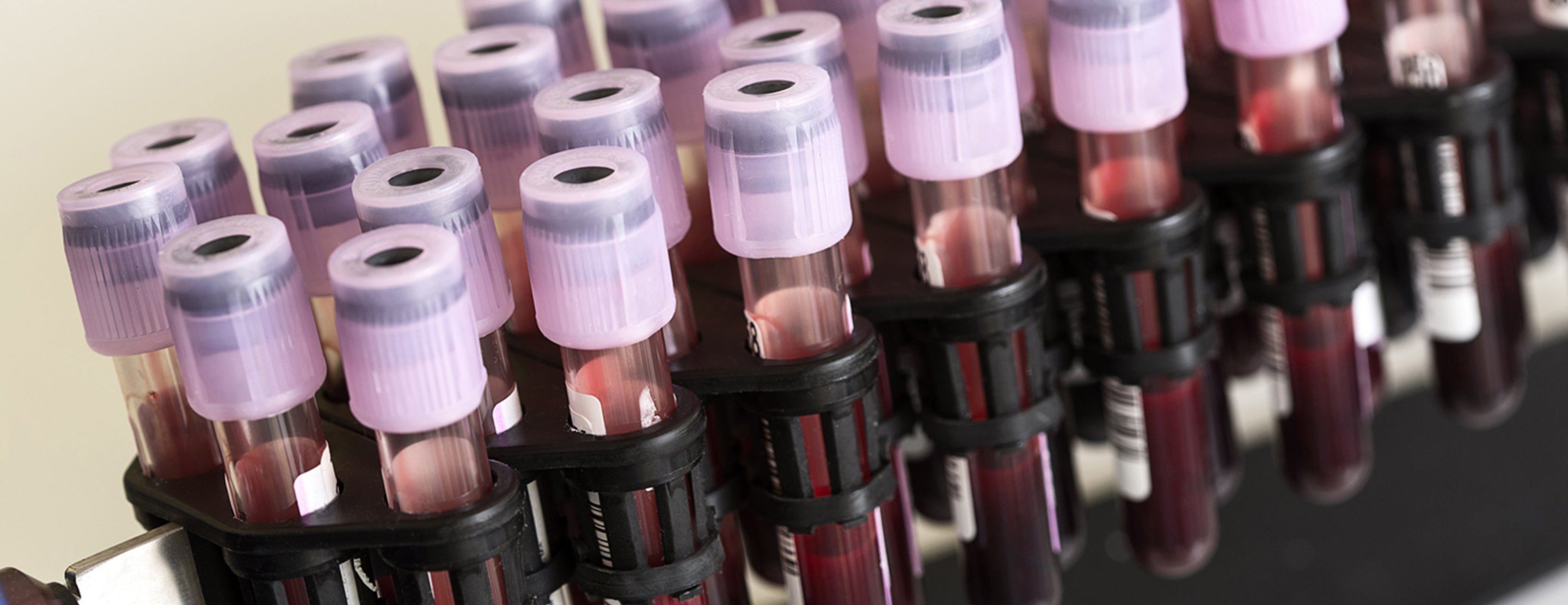


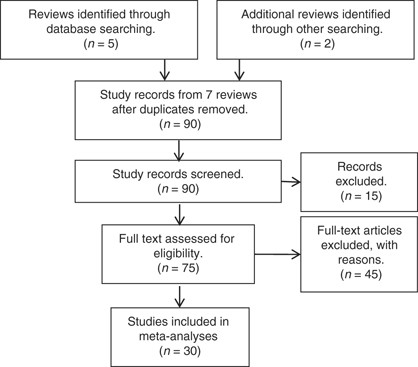
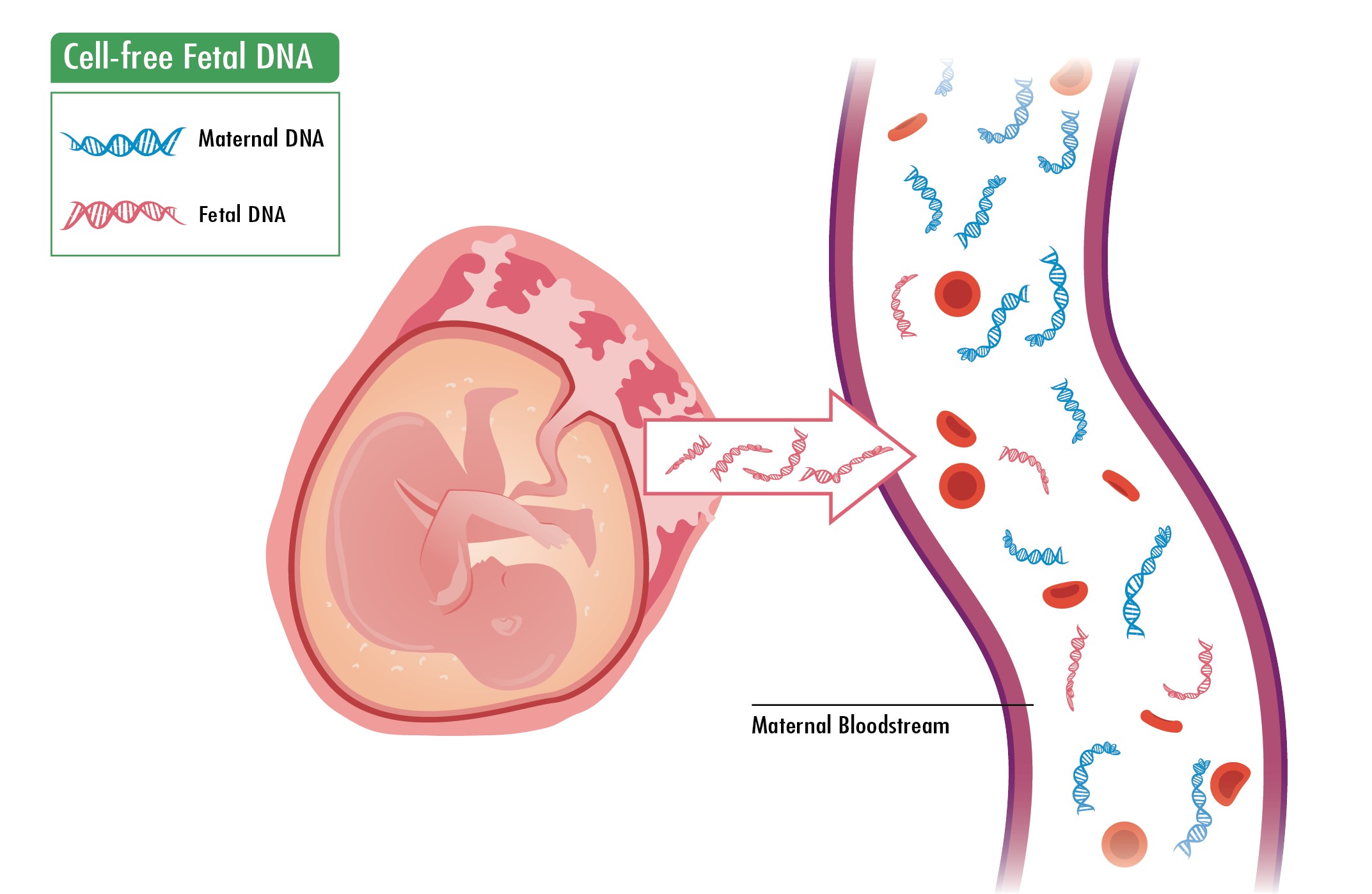



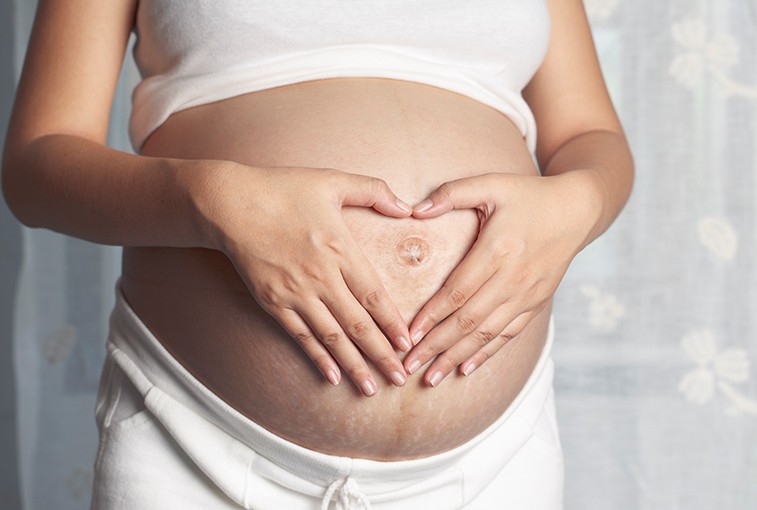
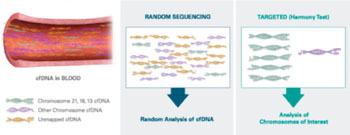

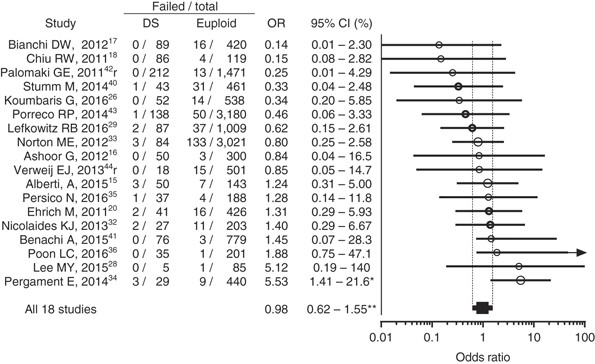




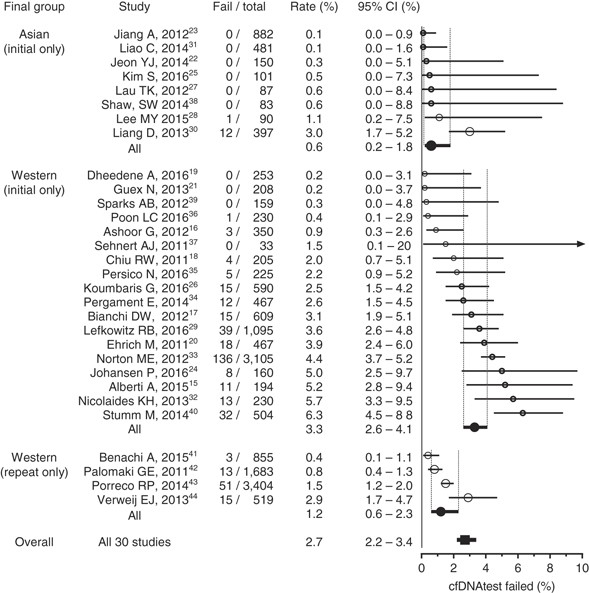


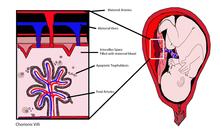
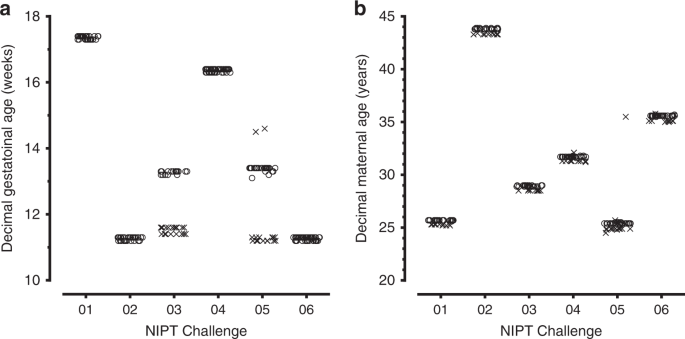
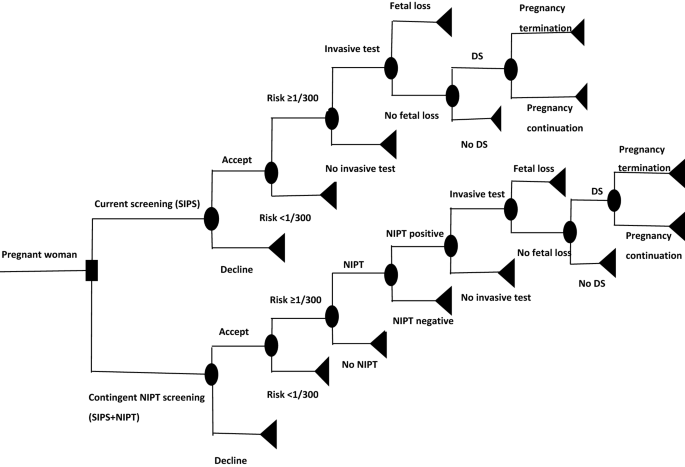



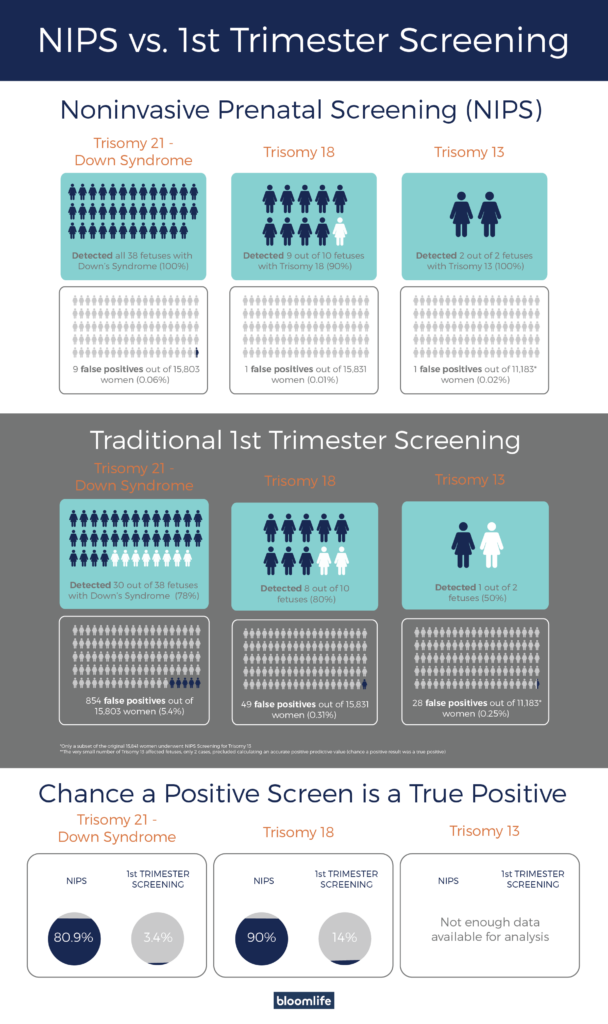



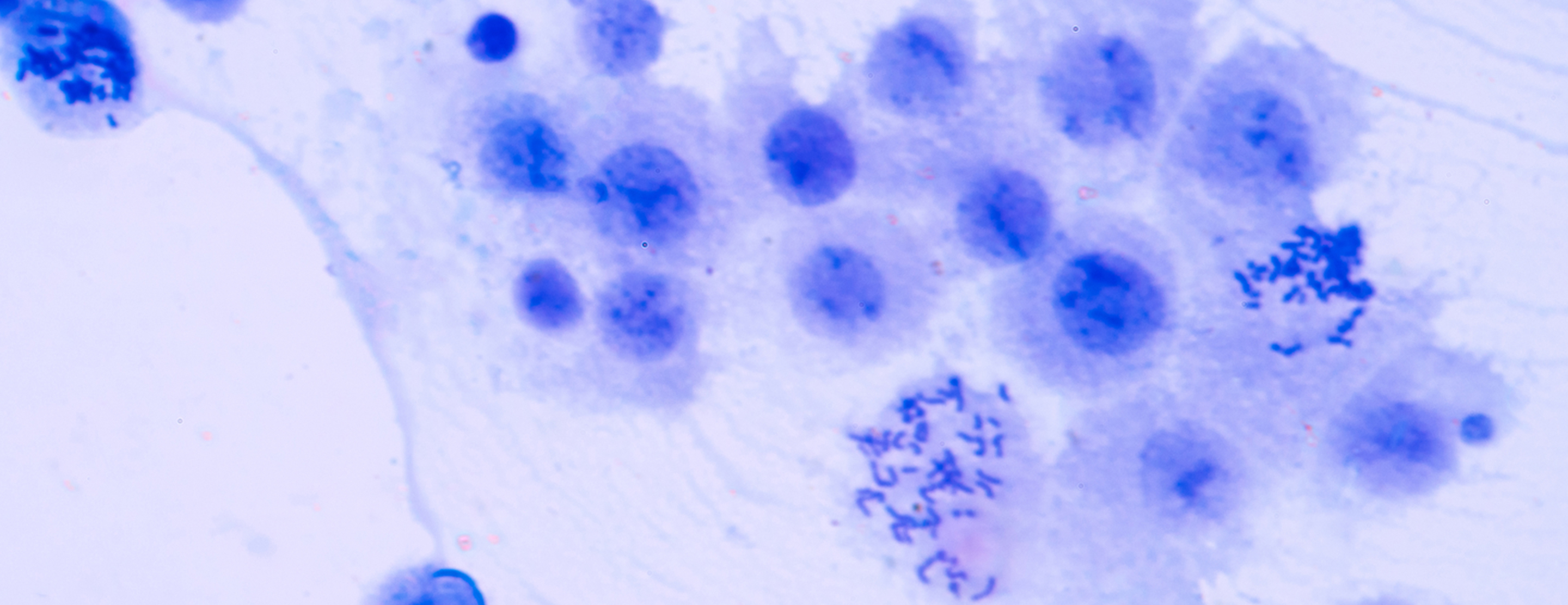
/down-syndrome-diagnosis-5b48ed9e46e0fb005b58a411.png)



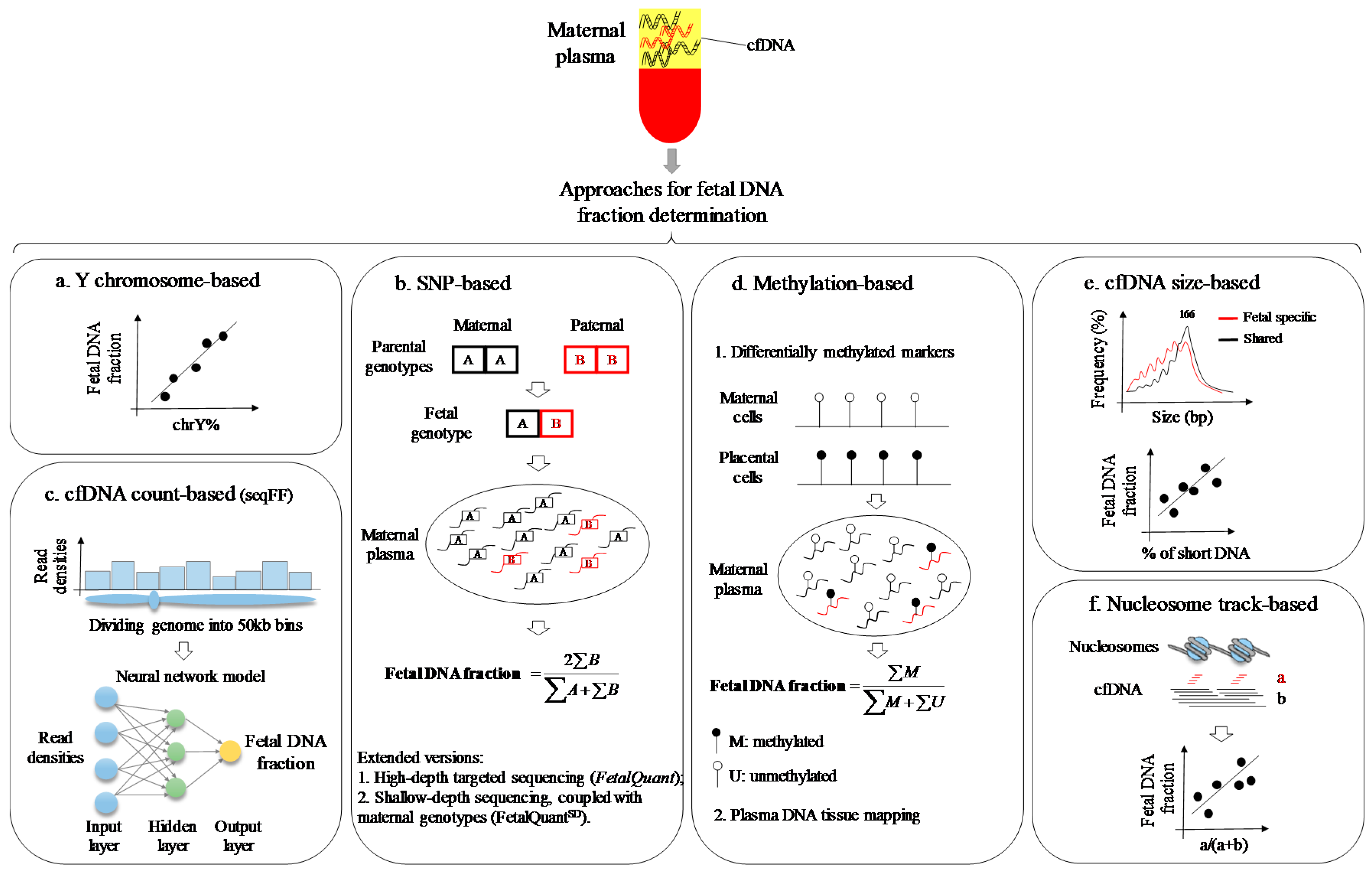
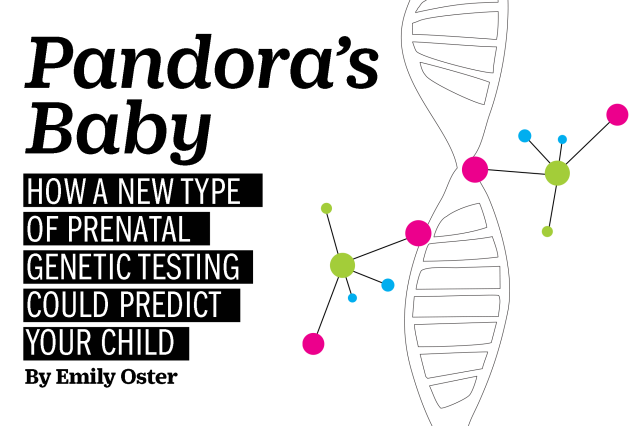




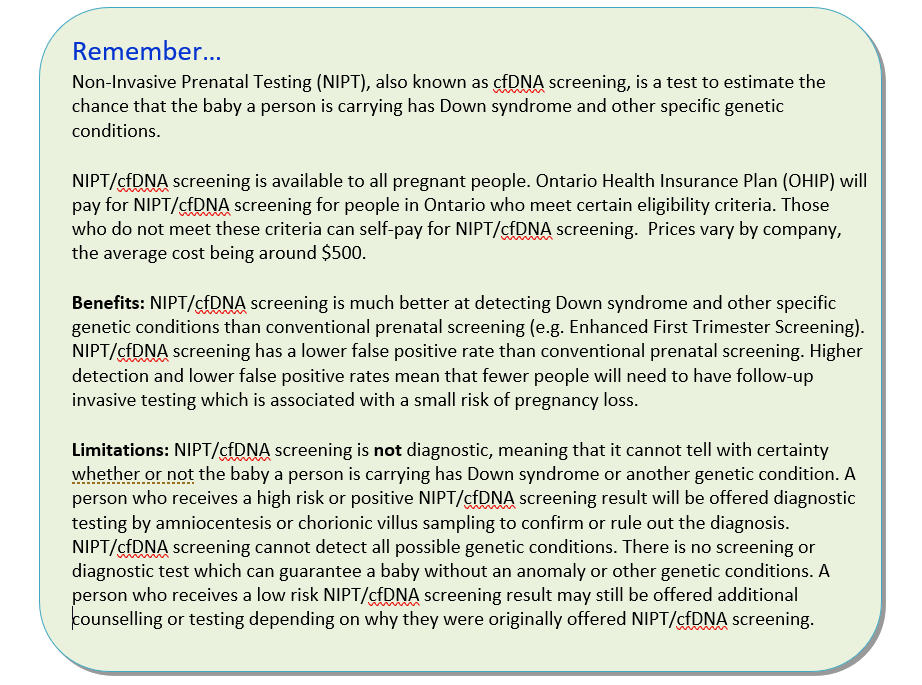
Post a Comment for "Cell Free Dna Testing For Down Syndrome"